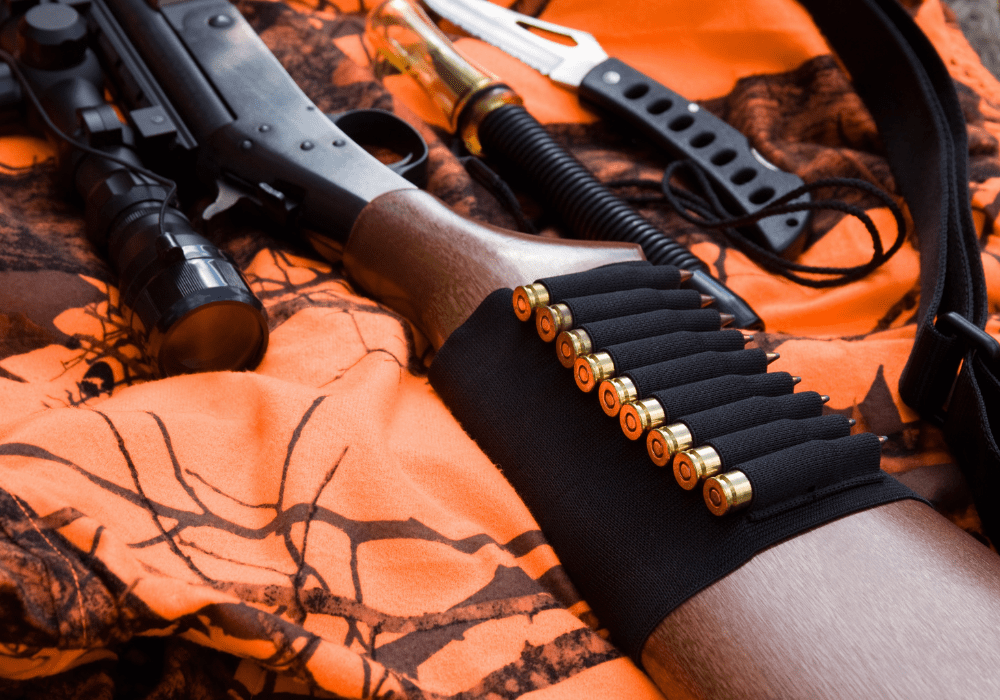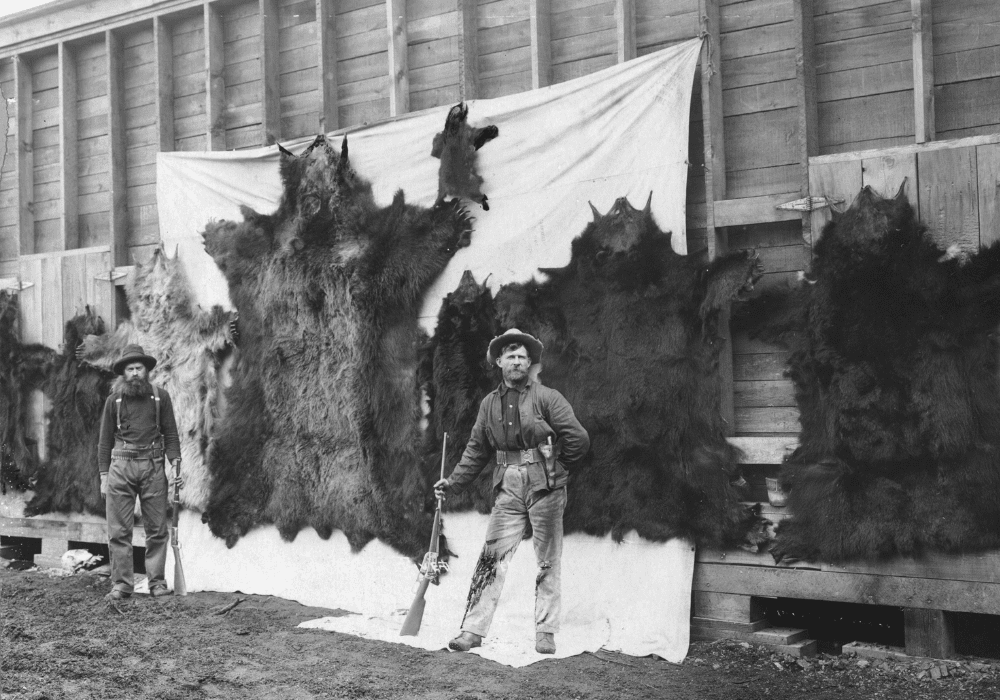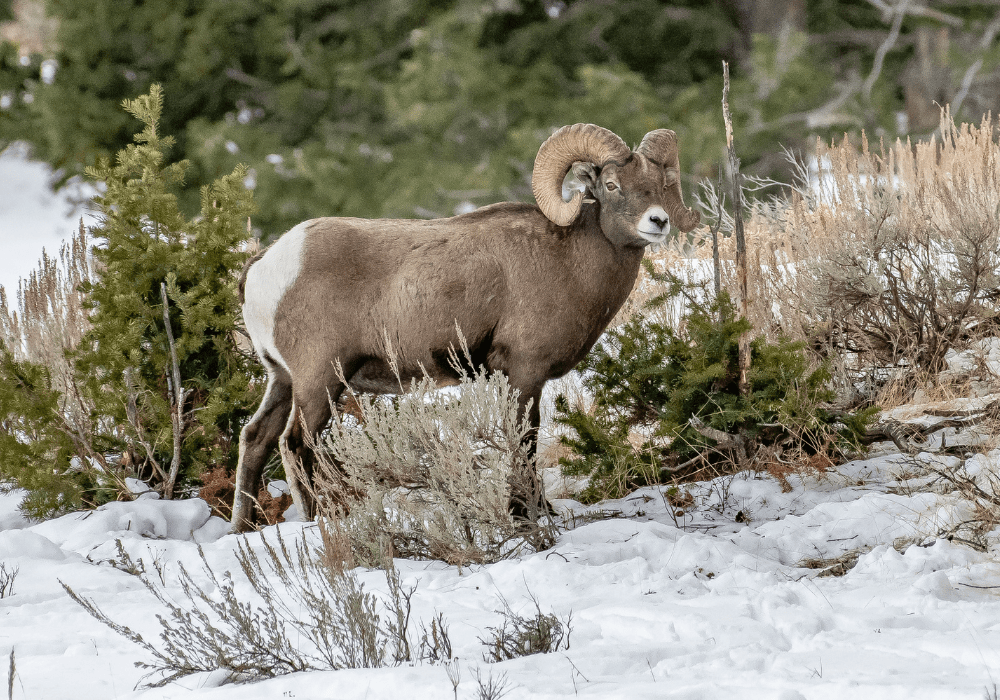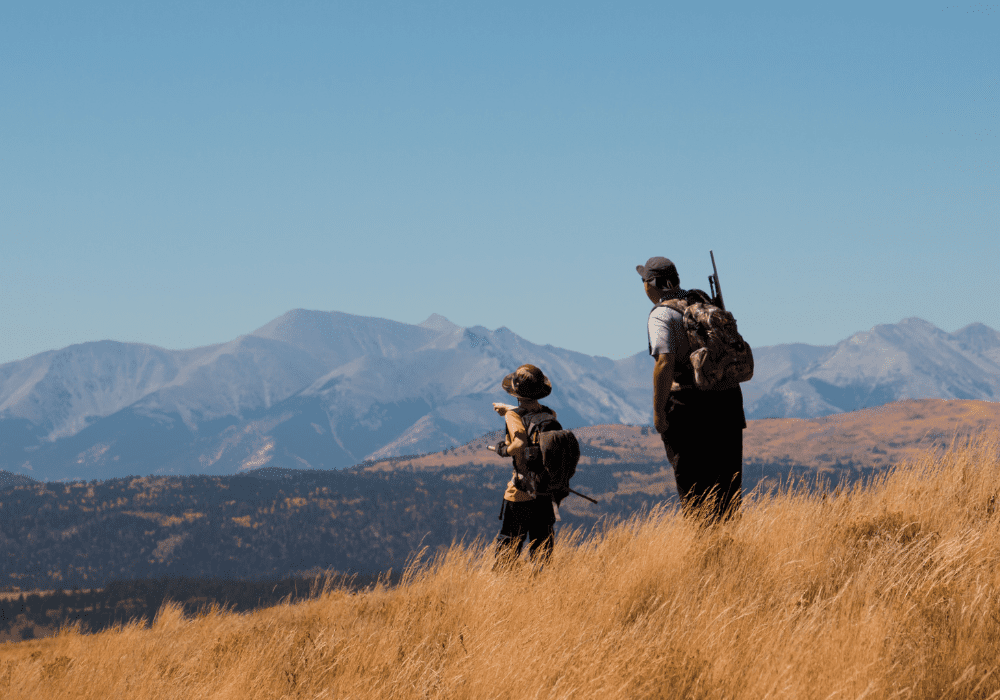
The Ultimate Hunting Gear Checklist
“To hunt successfully, you must know your ground, your pack, and your quarry.”
This quote encapsulates the precursor to every successful hunt – the preparation stage. For a hunt to be successful, you need to have the right gear. While the things you need may vary according to what, where, and when you’re hunting, some pieces of gear will be useful no matter what the situation.
Table of Contents
Bring Home the Bacon With These Essential Hunting Gear
If you’re planning a hunting trip and wondering what you’ll need, this article is for you. Here we list down only the most essential things you need to bring during a hunt, apart from the usual hunting requirements like local hunting laws, regulations, and licenses. At the bottom, you’ll find an easy-to-print quick checklist of all the items you see below.
1. Backpack
The first piece of gear you’ll need is a backpack to carry everything else. The size of your backpack has to coincide with the length of your hunting trip. As a rule of thumb, a backpack should have at least 1,000 cubic inches of space per day of hunting.
Apart from that, your hunting backpack has to be durable enough to carry heavy loads and withstand the elements, comfortable to wear and carry as you’re going to be using it a lot, should have enough compartments for your hunting gear and has to be quiet while you move around.
2. Hunting Clothes
The hunting clothes you wear will depend on where you’re hunting. Colder areas will require you to wear several insulating layers to keep warm. In warmer areas, you’ll need clothes that are quick-drying, sweat-wicking, and breathable.
Scent-masking clothing may be required, depending on your quarry. You may also want to bring a waterproof jacket for places where rain is frequent.
3. Boots and Gloves
Of course, what you wear on your feet and hands is going to match what you wear on your body.
Your hunting boots should be sturdy, comfortable, and fit well. Their level of waterproofing, weight and tread will depend on the area.
Hunting in cold or wet areas will require heavy-duty, over-the-wrist, insulated, and waterproof gloves.
4. Gaiters and Hand Warmers
No matter where you go hunting, you’ll want to avoid water, dirt, sand, or debris from entering your boots. Not only does it make walking harder or more painful, but it could become a cause for frostbite when hunting in snowy areas. You can avoid this predicament by wearing gaiters.
If you’re hunting in the cold, it’s always a good idea to bring hand warmers. You wouldn’t want your freezing hands to keep you from squeezing the trigger or arrow when the time comes.
5. Weapon and Ammunition
You can’t go hunting without your weapon and ammunition.
Before packing your rifle, make sure you’ve cleaned and properly sighted it. For bows, make sure you have a new bowstring installed, that the cams rotate in unison and that the peep is properly aligned.
It should go without saying that you’ll have practiced with your weapon before the season.
6. Food and Water
The amount of time you’ll be spending on the field depends on several factors.
You’ll need to stock up on food and water to keep you nourished, hydrated, and active. The longer your hunt, the more food, and water you need to bring.
7. Two-way Radio
Having some way to communicate while out on the field is crucial. While cellphones are always an option, they’re quite unreliable – especially when you most need them.
For reliability, a two-way radio is the better choice. Your radio should be durable, have a good range, operate silently, and perhaps have some weather features.
That said:
Make sure to know if two-way radios are allowed for hunters in the area you’re hunting.
8. Binoculars
While nature has blessed us with good binocular vision, we can always make it better with the right tool. In this case, the right tool is a good pair of binoculars.
A good pair of binoculars will give you a substantial increase in vision while not weighing too much.
9. Hunting GPS Unit
Navigation is important when hunting. While hunters of old used a map and compass, today the better choice is a hunting GPS unit. This device not only keeps you within the designated hunting area, but it also prevents you from getting lost and lets rescuers find you in case of an emergency.
10. Emergency Shelter
Speaking of emergencies, having an emergency shelter like a tent or tarp with you is always a good idea. An emergency shelter will come in handy when the weather suddenly turns or when you find yourself unable to return to base camp for whatever reason.
11. Knives and Tools
You’re going to need two sets of knives. One for when you’re out in the field and another for processing the animal you’ve harvested.
Depending on what you’re hunting, you may also need to bring a pelvic saw to help you sever the animal’s pelvis and rib bone without damaging the bladder and colon.
A good multi-tool can help you address different problems depending on what it contains.
12. Scent Attractant and Game Calls
Sometimes you just can’t seem to spot your quarry despite many hours of searching. You’ll need a way to make the game come to you. This can either be a scent attractant and/or game calls.
Do note, though, that use of either of these devices may be prohibited in some states. Make sure to ascertain their legality before using them.
13. Cooler
You’ll need some way to store the meat from the animal you’ve harvested. A hard shell cooler should do the trick. The size and number of coolers you’ll need will depend on what animal you’re harvesting.
14. Firestarter
No matter where you’re hunting, you’ll need a surefire (pun unintended) way to start a fire. You can use a lighter, matches, flint and steel, or a Ferro rod. The important thing is it’s quick and controllable, and you know how to use it.
15. Headlamp and Batteries
Darkness can creep up suddenly when you’re focused solely on spotting your quarry. A headlamp will let you see while also keeping both hands free.
Make sure to carry extra batteries or a power bank with you.
16. Duct Tape and Paracord
Duct tape has a myriad of applications from allowing minor repairs to damaged gear or clothes to making improvised arm slings and even making a sealed waterproof container for your matches and electronics.
Similarly:
Para-cord has many uses for hunters. You can use it to wrap the handle of your knife, help you strap gear to your backpack, pull gear up a tree, use single strands as a fishing line, and even as a wrist sling for your bow.
17. Toilet Paper
Unless you’re okay with wiping with leaves after relieving yourself, you’ll need to carry some toilet paper. You can bring a roll of toilet paper easily by taking out its cardboard core and then pressing the roll flat.
18. First Aid Kit
Cuts and scrapes are common occurrences while out on the field. A first aid kit can stop these minor problems from becoming major ones.
Make sure your first aid kit is appropriately stocked for the place you’re hunting in.
Hunting Gear Quick Checklist
Here’s what you’ll need to bring:





Pingback: The Essential Elements of Hunting Gear: A Comprehensive Guide - Joyit